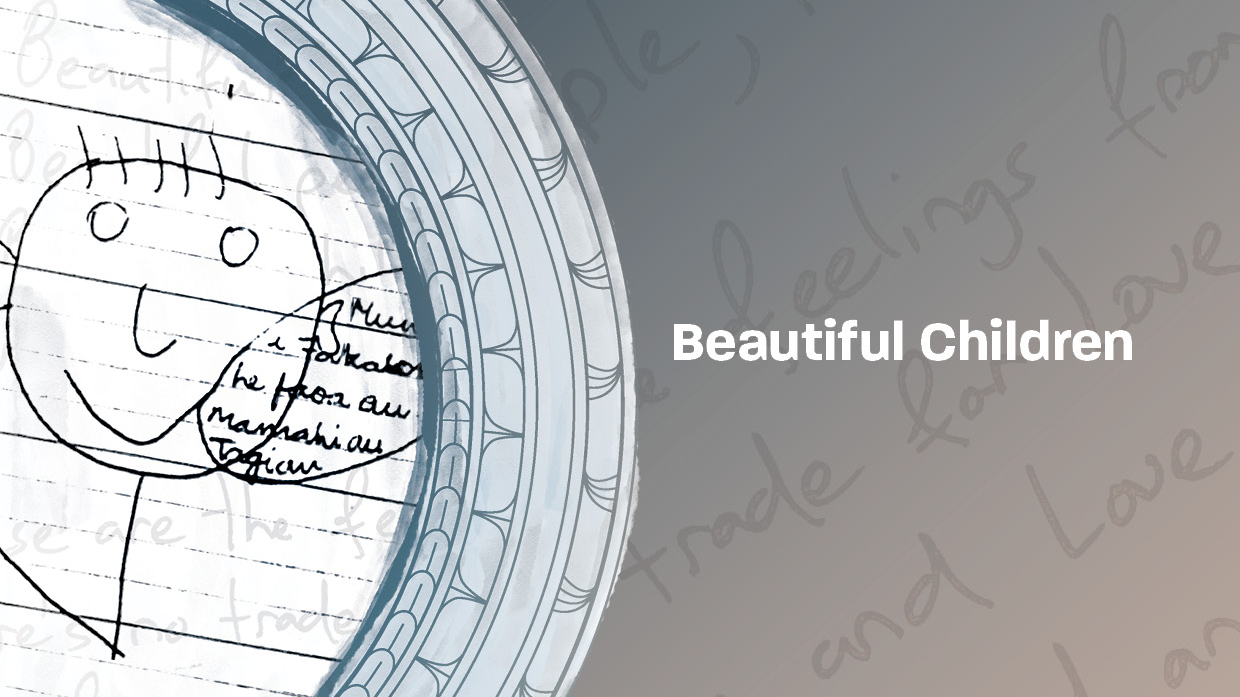Inquiry into the Lake Alice Child and Adolescent Unit Te Uiui o te Manga Tamariki me te Rangatahi ki Lake Alice
More than 40 years on, the recollections of survivors, ngā purapura ora, remain as vivid and raw as ever of their experiences of the Lake Alice Psychiatric Hospital. This case study examines the torture, tūkino (abuse, harm and trauma) and neglect suffered by children and young people admitted, often for no good reason, to Lake Alice Psychiatric Hospital’s child and adolescent unit from 1972 to 1980.
Full Report - Beautiful Children. Inquiry into the Lake Alice Child and Adolescent Unit (PDF)
- 2.1.1 Establishment of the Lake Alice child and adolescent unit
- 2.1.2 Children and young people at Lake Alice
- 2.1.3 The claimed approach at the unit lacked
- 2.1.4 Aversion therapy by electric shock: A form of torture
- 2.1.5 Beyond electric shocks: Survivor experience of abuse at Lake Alice
- 2.1.6 Complaints of abuse to responsible agencies
- 2.1.7 External scrutiny and closure of the unit
- Bryon Nicol
- Mr DT
- Hake Halo
- 2.2.1 Introduction
- 2.2.2 Impacts of abuse on every aspect of survivors’ lives
- 2.2.3 Effects on spiritual wellbeing
- 2.2.4 Effects on cognitive and mental health
- 2.2.5 Physical effects
- 2.2.6 Effects on whānau health
- 2.2.7 Effects on education and employment
- 2.2.8 Interaction with the criminal justice system
- 2.2.9 Stigma of Lake Alice and impact on mana
- 2.4.1 Introduction
- 2.4.2 Ombudsman investigation and commission of inquiry
- 2.4.3 District inspector inquiry, 1977
- 2.4.4 First NZ Police investigation, 1977
- 2.4.5 Investigations by medical professional bodies, 1977
- 2.4.6 Court action and settlements
- 2.4.7 External and disciplinary bodies from the 1990s
- 2.4.8 Further NZ Police investigations
- 2.4.9 Aotearoa New Zealand’s obligations under torture convention
- Sharyn Collis and Amy Bethune

